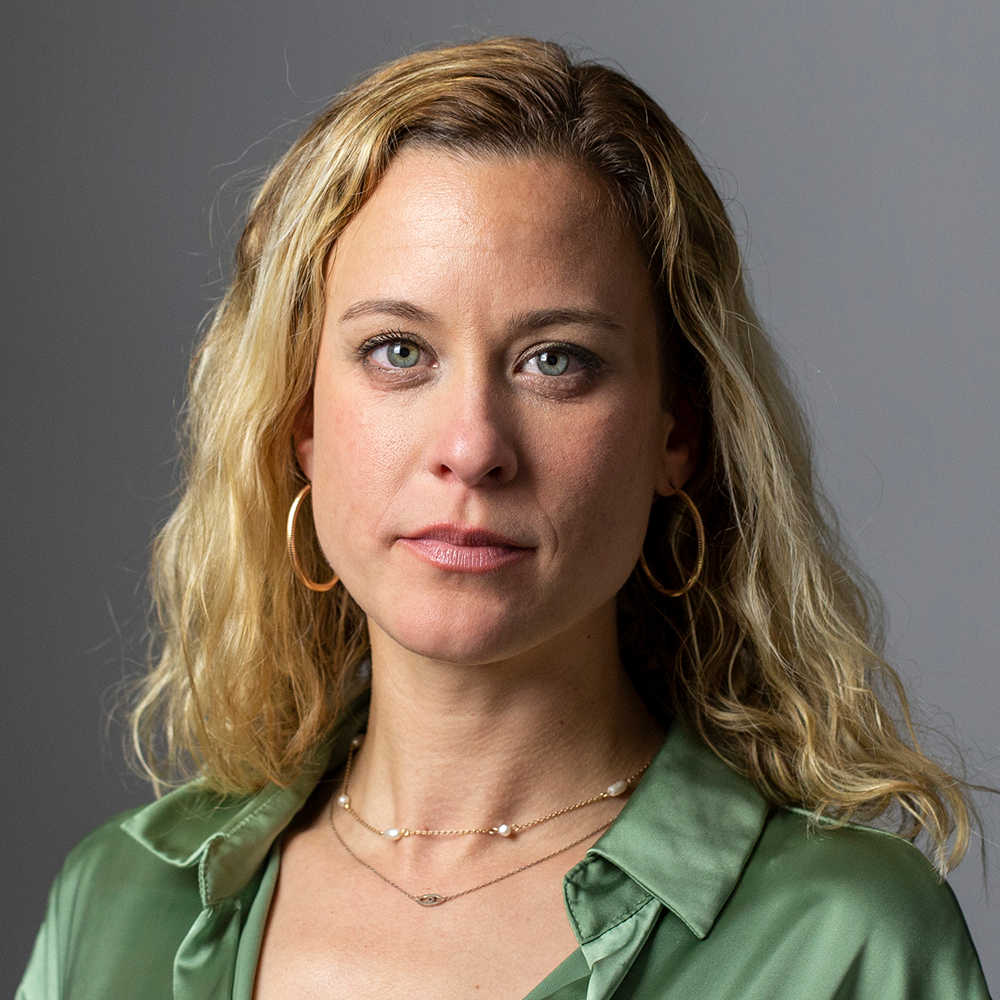
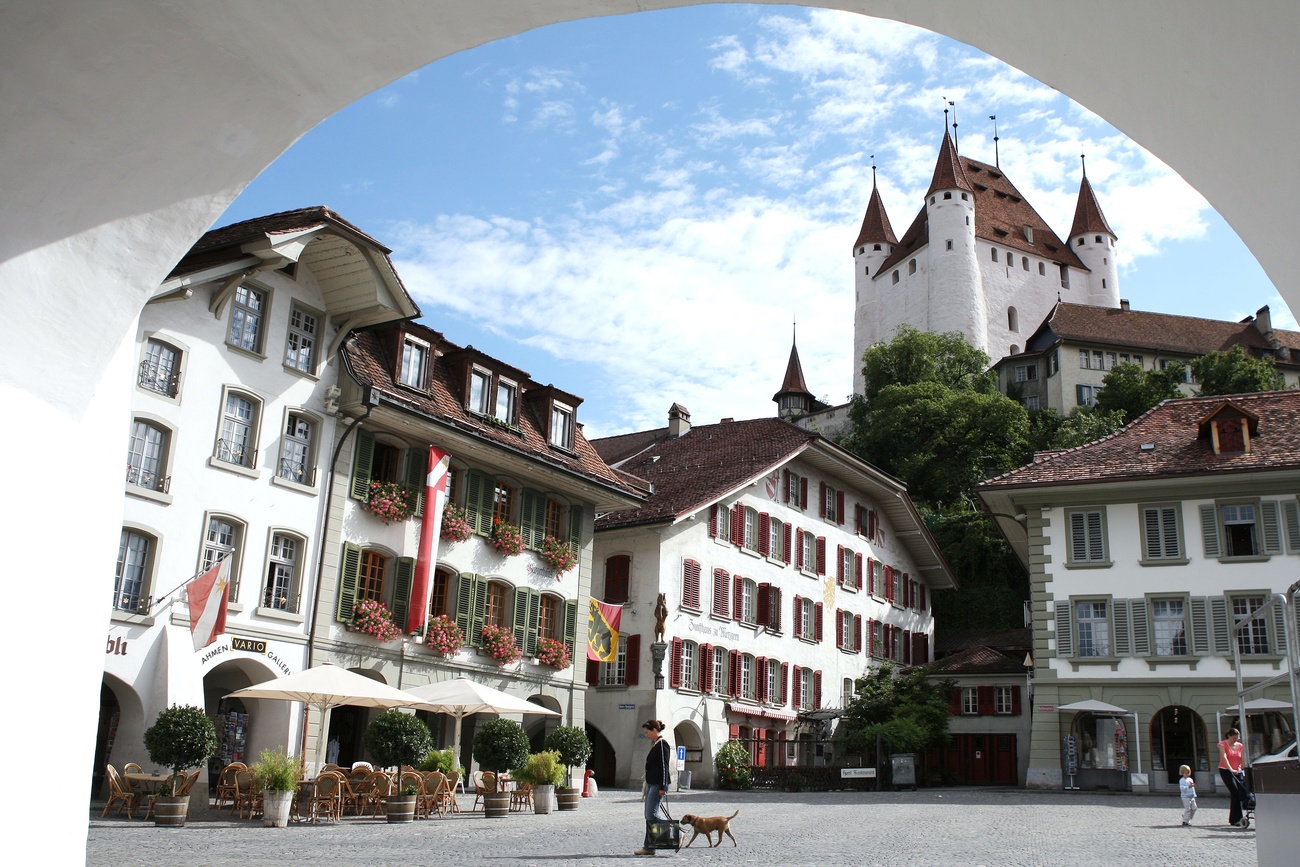
Switzerland Today
In the news: Sandoz and UNIGE settle their respective legal cases and Nemo is to represent Switzerland at the Eurovision in Malmö.
Dear Swiss Abroad,
Happy February 29! In today’s briefing, we ask you what you think about lowering the voting age to 16. We also look at the statistics that show there will soon be much fewer 16-year-olds. Why is that?
All this in today’s briefing. But first, let’s take a look at the news.

- Generics manufacturer Sandoz is to pay $265 million (CHF301 million) to settle a case of alleged illegal price fixing in the US.
- Swiss Federal Electricity Commission (Elcom) President Werner Luginbühl has defended his warnings of an electricity shortage in 2022.
- The University of Geneva (UNIGE) has settled a legal case with an Italian student who contracted HIV in 2011 while carrying out research in one of its laboratories.
- Nemo will represent Switzerland at the Eurovision with the song “The Code”, which is about the artist’s non-binary journey, which began with the realisation of being neither a man nor a woman.
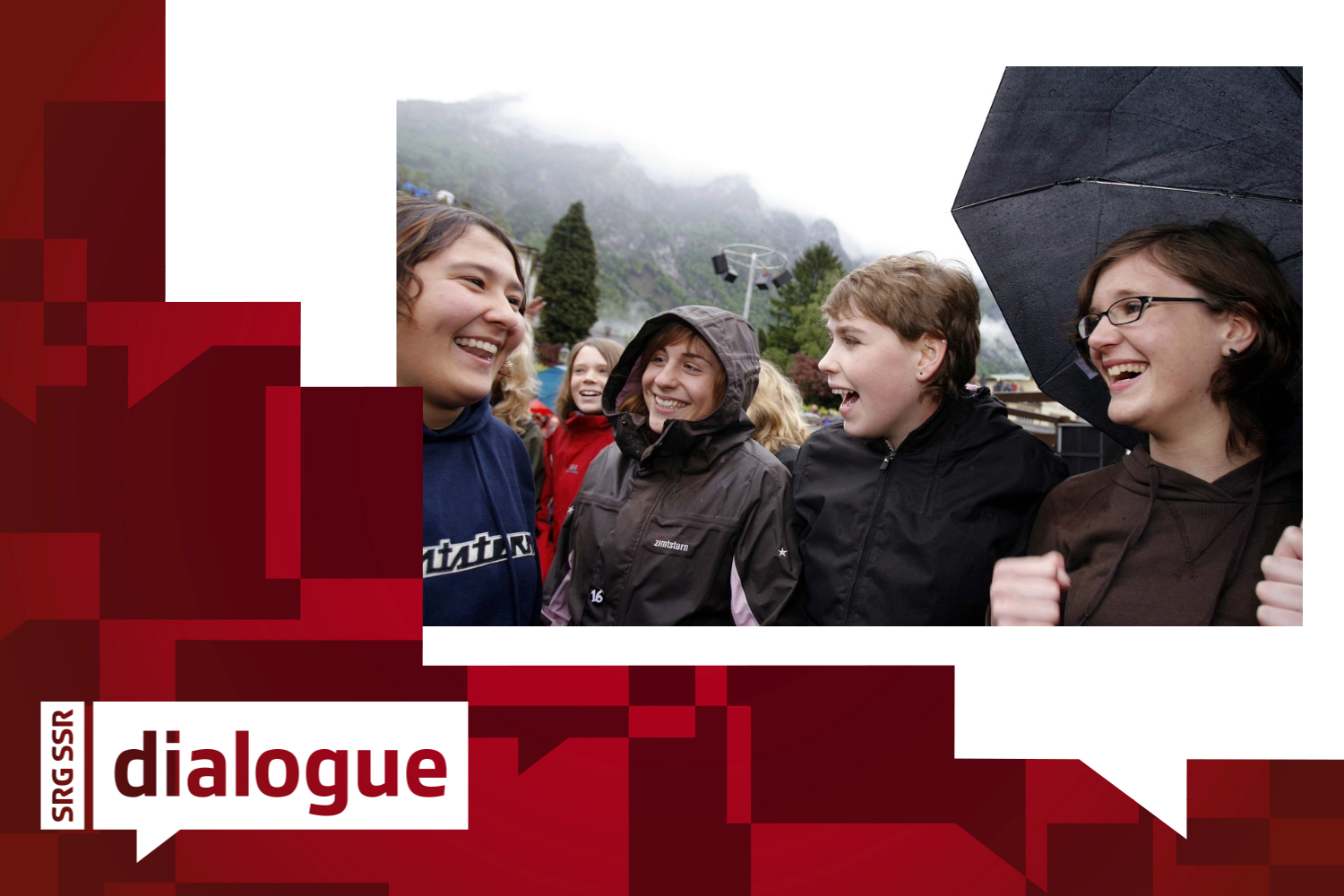
At what age do you think you were ready to vote?
In just one canton in Switzerland, Glarus, the voting age was lowered from 18 to 16 in 2007. Numerous times throughout the years, proposals have been put forward – and failed – to change the federal voting age to 16.
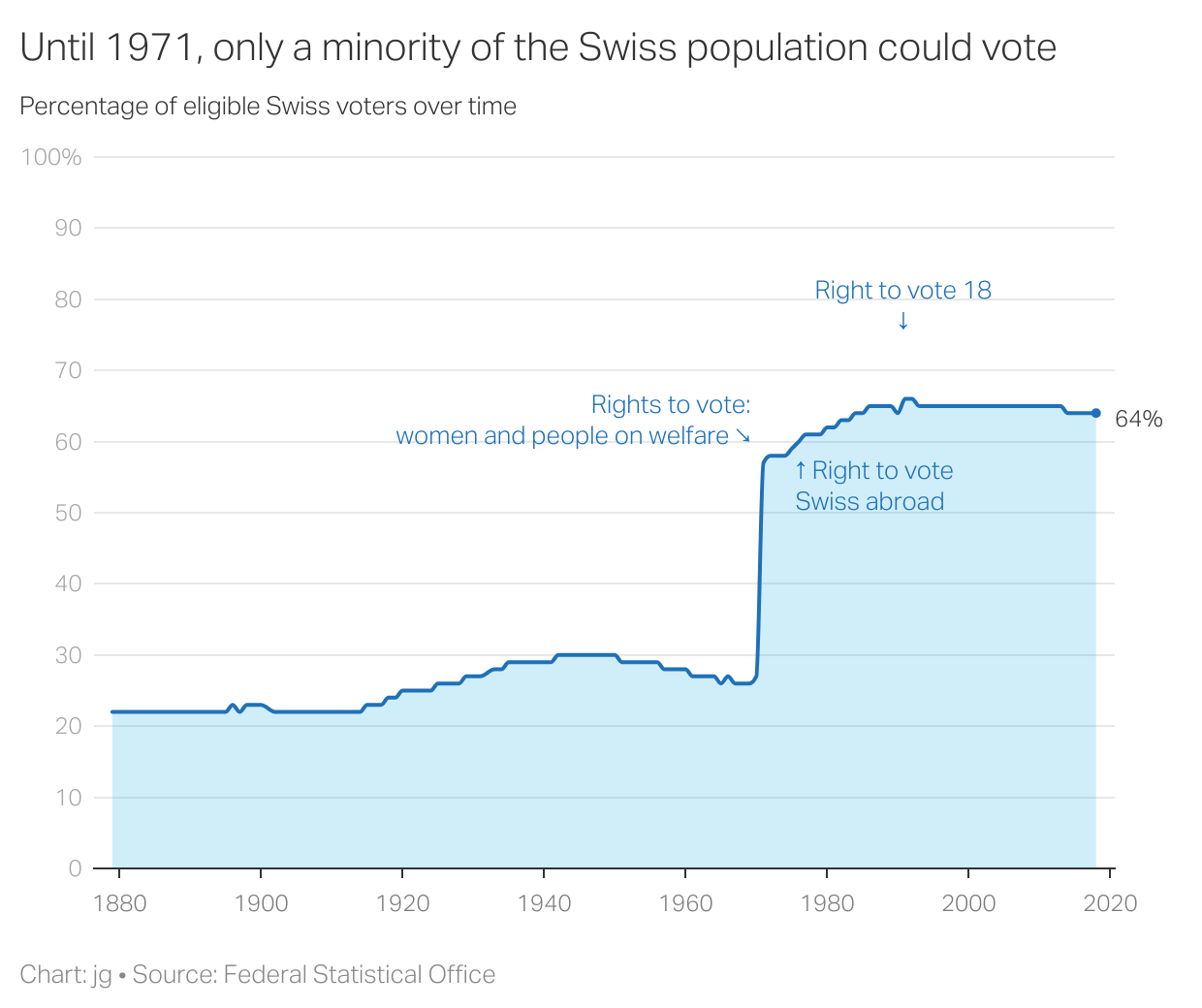
What regions with voting age 16 show us
Looking at the examples of Glarus or Austria, where 16-year-olds are already allowed to cast ballots, their profile as a voter group does not seem to differ much from the rest of the population.
The right to vote for minors is also a topic beyond Switzerland’s borders. Among European countries, Austria and Malta have already granted 16-year-olds the right to vote. Worldwide, this is also the case in Brazil, Argentina, Ecuador, Nicaragua and Cuba.
Join the discussion!
What’s your opinion? Should 16-year-olds have the right to vote and stand for election? Join the debate on “dialogueExternal link”, a platform developed by the Swiss Broadcasting Corporation (SBC), SWI swissinfo.ch’s parent company. All contributions are moderated and translated into the four Swiss national languages and English.

More
Voting rights for 16-year-olds? Join the discussion on ‘dialogue’!
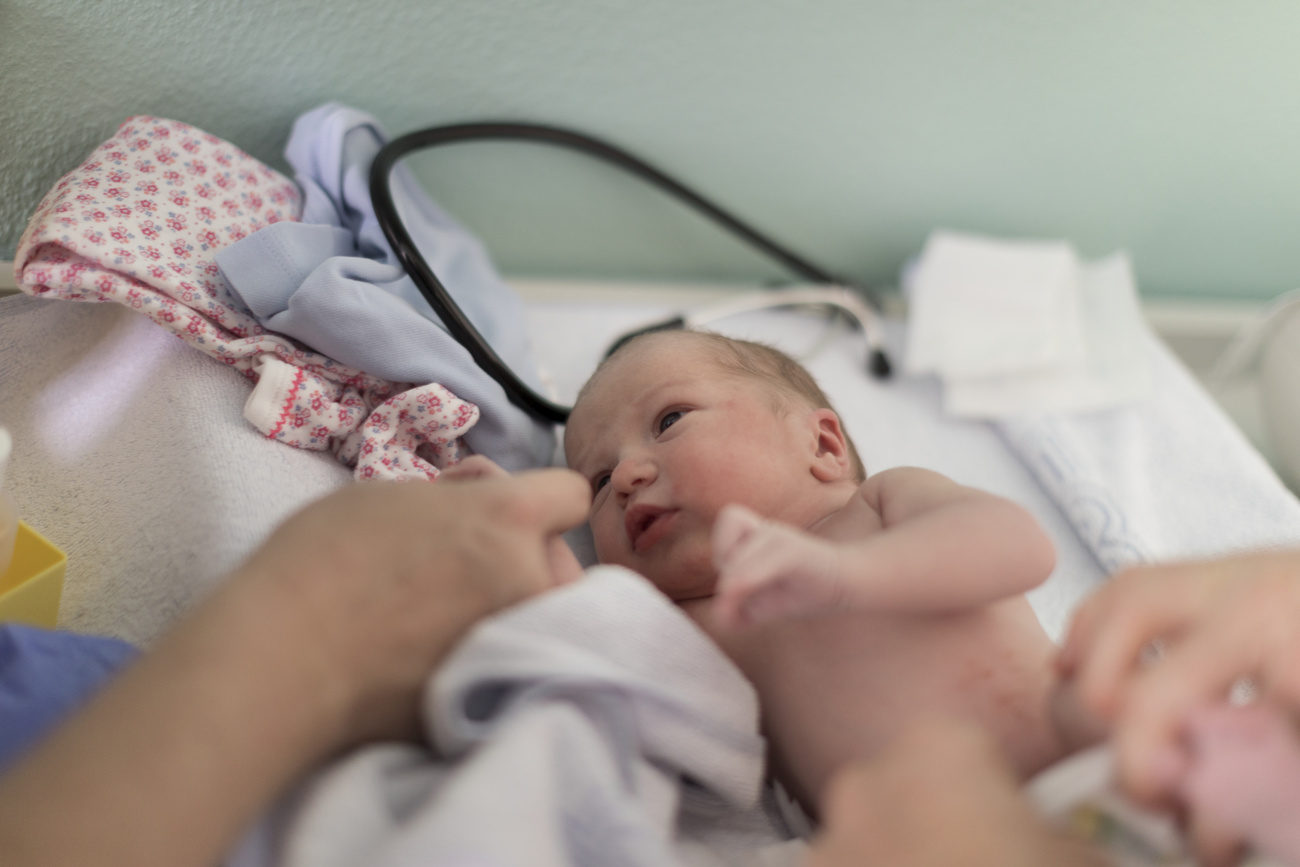
Fertility rates plummet in Switzerland – and beyond
With all this talk of teenagers voting, countries, including Switzerland, will have fewer teenagers in the coming years. My colleague, Pauline Turuban, from the SWI swissinfo.ch French Department takes a look at declining birthrates in Switzerland and abroad.
Switzerland, like many developed countries, has fallen below the threshold needed to maintain existing population numbers (2.1 children per woman) since the early 1970s. The demographic scenario that is emerging is worrisome. The age pyramid is starting to invert. The ageing of the population will gather steam over the coming decades, causing manpower scarcities and knocking the social insurance system off balance, Turuban writes.
This scenario is daunting. But as a woman in journalism, something many of my friends have told me is an economically stupid decision, the cost of raising a child is almost unimaginable. In Switzerland, raising two children is said to cost at least CHF500,000 ($567,390).
Philippe Wanner, professor at the Institute of Demography and Socioeconomic Studies in Geneva told Turuban: “for a long time considered a value, children today are considered a burden.”
Young people are even having less sex than the generations before them.External link So what can be done to encourage people to have children?
Switzerland has “put off the problem” by allowing an increase in immigration. But according to Turuban, immigration as a permanent solution is a political gamble.
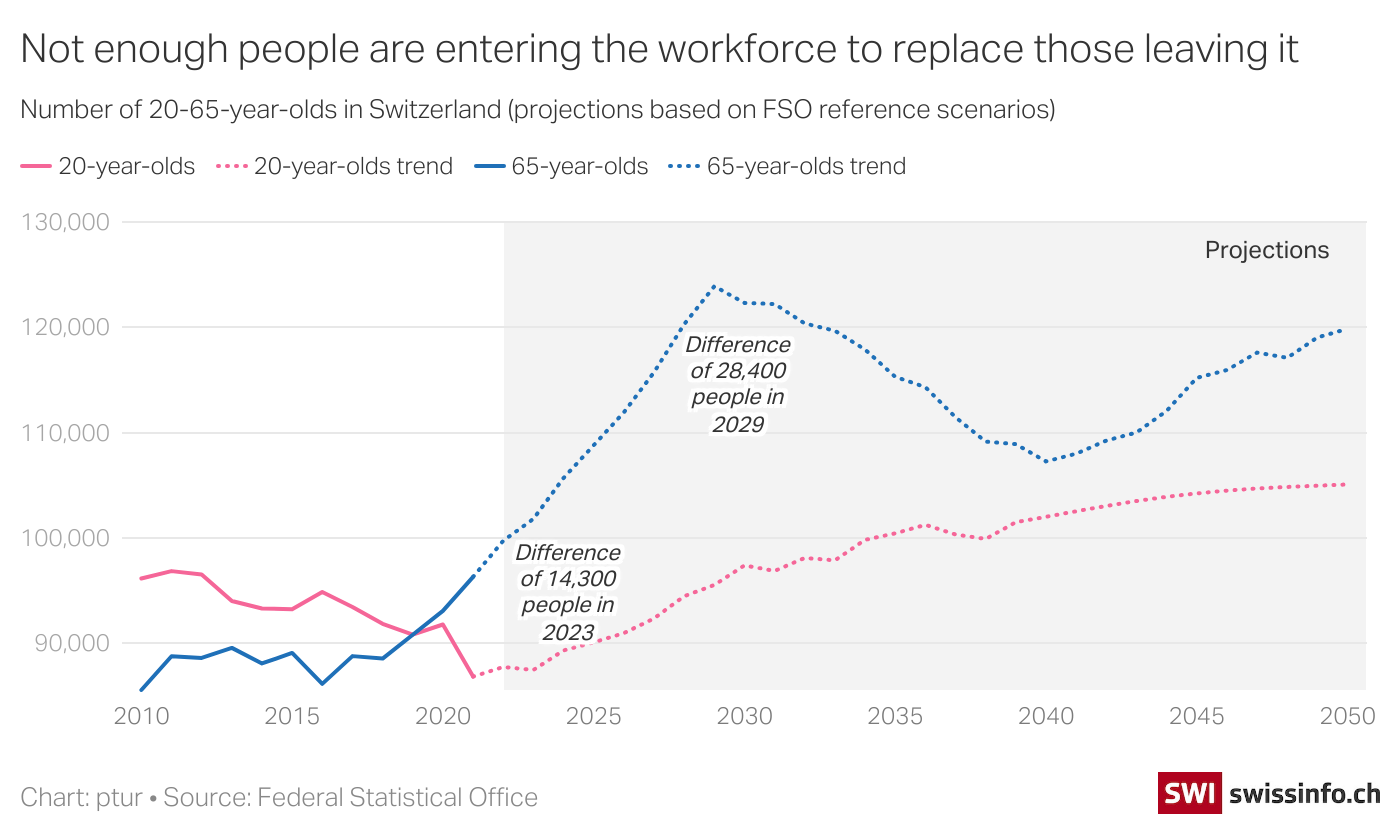
Many countries around the world are implementing increased parental leave, so called “baby bonuses” and tax incentives. However, in 2021, former Swiss health minister Alain Berset said that the government was opposed to “a family policy aimed at boosting birth rates, as it seems hardly compatible with freedom of choice in starting a family.”
So what’s to be done?
According to Tomas Sobotka, deputy director of the Vienna Institute of Demography, ideally it would be necessary to rethink the whole role of parents and children in society to get to a different dynamic. “That’s the hardest thing to do,” points out Sobotka, “for that would mean change not only at the political level, but also in thinking and social attitudes.”
More

In compliance with the JTI standards
More: SWI swissinfo.ch certified by the Journalism Trust Initiative




























